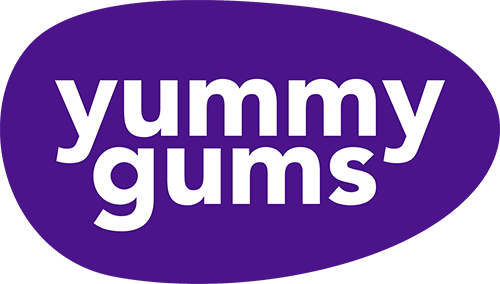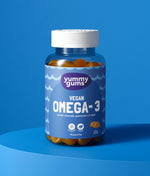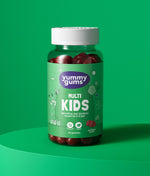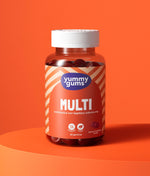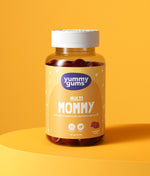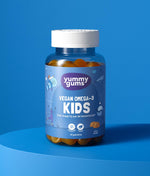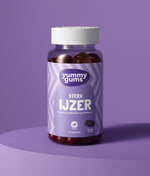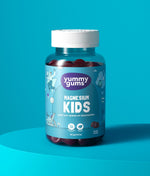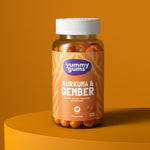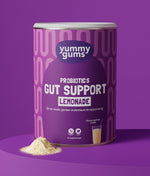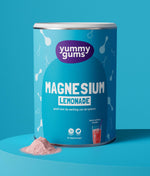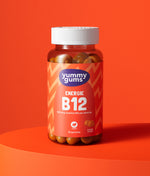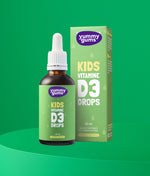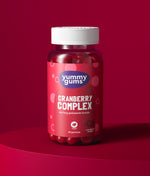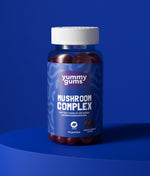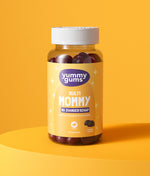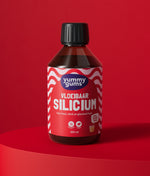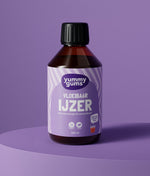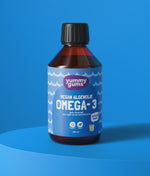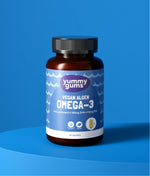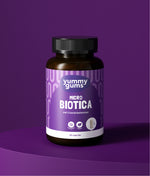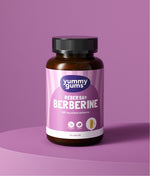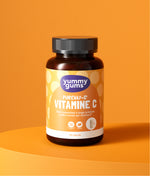Autumn vitamins: how to support your immune system?
Lifestyle
Red autumn leaves cover the tiles, raincoats are dug out of the closet, and fragrant autumn dishes fill your home in the evenings. The start of autumn always takes some getting used to: it's not always pleasant to see rain clouds replace your favorite rays of sunshine. Yet, autumn can also be a wonderful time, with less social pressure and the opportunity to focus more on your health. You can choose to seek extra support during this time. Here are our tips to get started!
Long walks
Put on your rain boots and take a walk around the neighborhood or in nature. During fall, we tend to stay indoors. However, it's still important to spend half an hour a day outdoors. This way, you'll produce vitamin D, which boosts your immune system. Fresh air and exercise are also good for your mental health. This way, you'll stay one step ahead of the autumn blues this year!
A good night's sleep
During autumn, the days get shorter. The sun rises later and sets earlier. You're likely to feel tired more quickly. This is partly because your body starts producing melatonin, the natural sleep hormone, earlier.
In addition, your body uses more energy to keep warm during the day. A good night's sleep is therefore essential. While you sleep, your body can recover from daily activities and produce new antibodies. Most people need 7 to 8 hours of sleep per night.
Important vitamins in seasonal vegetables
During autumn, you'll often find yourself bombarded with fall recipes. Lots of fruits and vegetables are being harvested, making it especially important to eat them now. These contain vitamins like folic acid, iron, copper, selenium, vitamins A, B12, B6, C, D, and zinc. Each of these uniquely supports your immune system. Which ingredients will you use to cook something healthy?
Folic acid
Also called vitamin B11 or folate. Besides supporting the immune system, folic acid also helps with fatigue and mental energy. Seasonal vegetables rich in folic acid include endive, cabbage, zucchini, and spinach .
Iron
This mineral supports your immune system and the production of red blood cells. This has a beneficial effect on normal oxygen transport in the body. Most iron is obtained from animal and plant products. Spinach, kale, bok choy, and pumpkin , among other foods, are harvested in the fall, all of which contain iron.
Copper
This mineral also supports the body's immune system. It also helps release energy from food and protect cells from oxidative damage caused by UV radiation and air pollution. Pears, apples, beets, oatmeal, and chocolate are typical autumn foods that contain copper.
Selenium
Also called selenium. This trace element is found in many fish and nuts , as well as whole grains and vegetables. The amount of selenium in a plant-based product depends on the amount of this substance present in the soil. Selenium not only contributes to the normal functioning of the immune system but also acts as an antioxidant and is beneficial for the thyroid. Nuts containing selenium include Brazil nuts and cashews .
Vitamin A
It's good for the immune system and mucous membranes. It also nourishes the skin from within, which is beneficial when it gets colder outside. Autumn products that contain vitamin A include sage, cumin, kale, and artichoke .
Vitamin B6 ¹ and B12
These vitamins have a positive effect on your immune system. They also help with fatigue and are good for your mood. Seasonal products that contain vitamins B6 and B12: carrots, kiwi berries, chicory, onions¹ , eggplant¹ , walnuts¹ , chestnuts¹ , and legumes¹ .
Vitamin C
Known from citrus fruits, vitamin C contributes to good resistance, is important for the skin, supports your energy level and also protects the cells. You can find vitamin C during the autumn in products such as: parsnips, celeriac, potatoes, bok choy, sprouts and blackberries .
Vitamin D
Your skin can produce this vitamin itself with the help of sunlight. Unfortunately, it becomes increasingly difficult for your body to get enough sun in the fall and winter. Vitamin D supports your immune system and is essential for stronger muscles and bones.
White mushrooms, shiitake mushrooms, and portobello mushrooms are popular in autumn . They also contain vitamin D, especially if they've been exposed to sunlight or UV light for half an hour. You can do this yourself by placing them outside in the sun for a while. Oily fish like salmon and mackerel are also rich in vitamin D.
Zinc
This mineral not only supports the immune system but also protects the body's cells from external influences. Autumnal foods that contain zinc include hazelnuts, legumes like lentils and chickpeas, and dark chocolate .
Tips & tricks
It can be difficult to get enough vitamins every day. Therefore, always follow the "Eat the Rainbow" concept. The goal is to eat as many different types of vegetables, fruits, and other healthy foods as possible. This doesn't all have to be done in one day; it's primarily about a varied weekly schedule.
Do you find it difficult to get all the vitamins you need through your diet? Then you can choose to supplement your diet with an immune-boosting supplement or a multivitamin .
Yummygums Immunity
Sugar-free gummies with vitamin C, vitamin D3, and zinc: all nutrients that support your immune system. They also contain echinacea and elderberry extract. The sugar-free gummies have a delicious blackberry flavor and are completely vegan, with no artificial colors or flavors. They are also allergen-free.
Yummygums Multi
A sugar-free multivitamin in the form of a delicious cherry-raspberry-flavored gummy. It contains 13 vitamins, including high doses of vitamin B12 and vitamin D3. The vitamins in Yummygums Multi support your immune system, are good for your muscles, and provide extra energy when you're feeling tired. Yummygums are vegan, free from allergens, artificial colors, and flavors.
